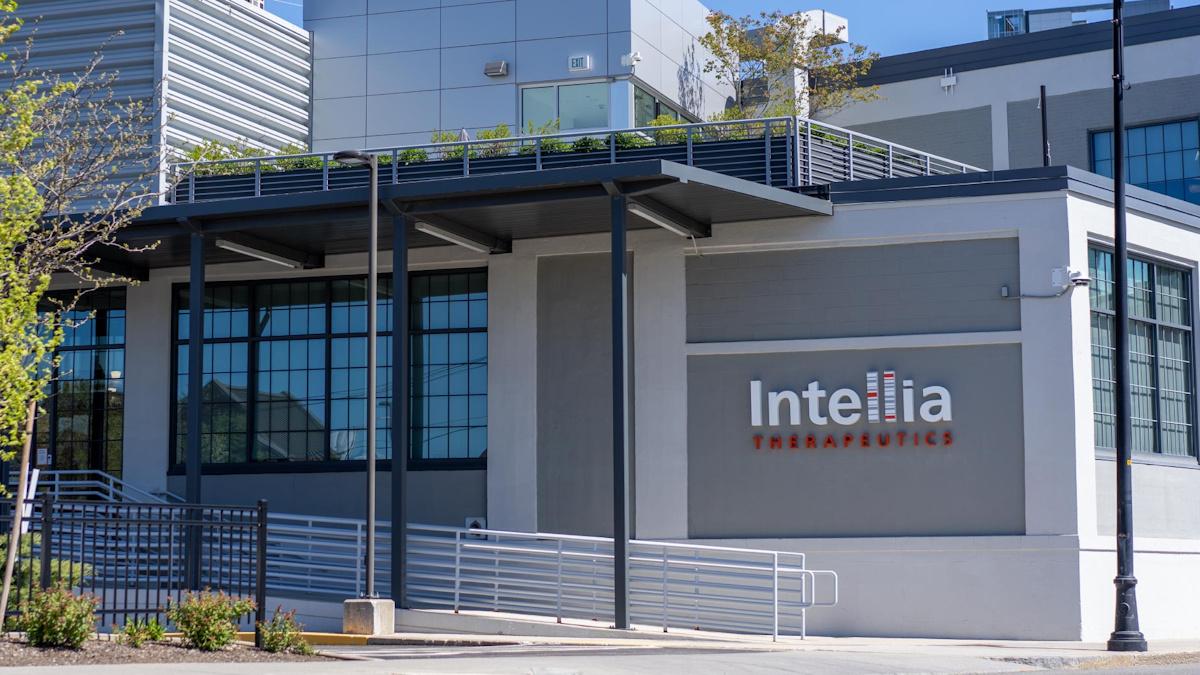Vertex/CRISPR file first gene-editing therapy with FDA

Vertex Pharma and CRISPR Therapeutics have become the first companies to file for FDA approval of a therapy based on gene-editing technology.
The two partners have submitted a marketing application exagamglogene autotemcel (exa-cel, formerly CTX001) for blood disorders sickle cell disease (SCD) and beta thalassaemia, just 10 years after the Nobel Prize-winning CRISPR/Cas9 gene-editing technology first emerged from the lab, and seven years after the first CRISPR therapy started clinical testing.
Vertex and CRISPR started preparing the FDA application last November, and have asked for a priority review from the FDA to try to reduce the review time at the agency down to eight months from submission, rather than 12 months.
Exa-cel is a little further down the regulatory route in Europe, where regulators in the EU and UK have already validated filings and started the clock ticking on their reviews.
The therapy is an ‘ex vivo’ application of gene-editing, in which the technology is used as a one-shot therapy to modify a patient’s own cells outside the body to make foetal haemoglobin (HbF), which can serve as a substitute to regular haemoglobin in both SCD and beta thalassaemia.
Reverting to HbF in thalassaemia and SCD patients produces normal, healthy red blood cells, rather than the misshapen cells produced by faulty haemoglobin in the two disorders. The elevation of HbF is designed to reduce or eliminate painful and debilitating vaso-occlusive crises (VOCs) in SCD, as well as the need for blood transfusions in patients with TDT.
“Within a decade, we have progressed from the discovery of the CRISPR platform to the first regulatory filings for a CRISPR-based therapy, which speaks to the transformative nature of CRISPR technology,” commented Phuong Khanh Morrow, chief medical officer at CRISPR.
The completion of the rolling biologics license application (BLA) for exa-cel means Vertex and CRISPR have passed the historic milestone ahead of bluebird bio, which has seen delays in in its plan to file its competing gene-editing therapy for SCD – lovotibeglogene autotemcel (lovo-cel) – in the first quarter of this year.
bluebird has the accolade for bringing the first gene therapy for thalassaemia to market, however, having won FDA approval for its Zynteglo (betibeglogene autotemcel or beti-cel) in transfusion-dependent thalassaemia (TDT) last year. Like all one-shot, gene-directed therapies, Zynteglo has been launched at a high price - $2.8 million.
Vertex has estimated there are around 32,000 patients in the US who could be eligible for treatment with exa-cel if approved, but hasn’t yet commented on its pricing plans for the therapy, or provided any sales projections.













